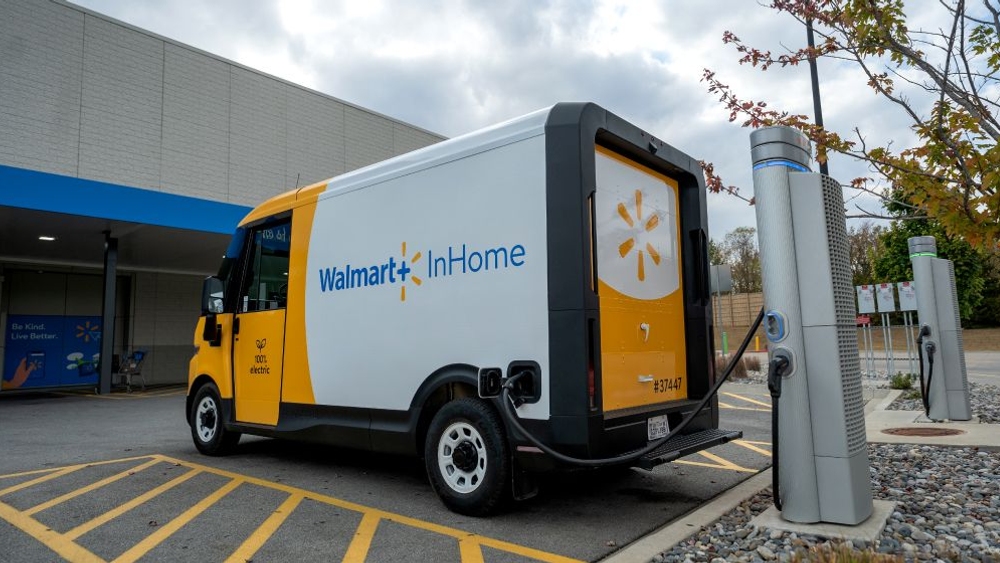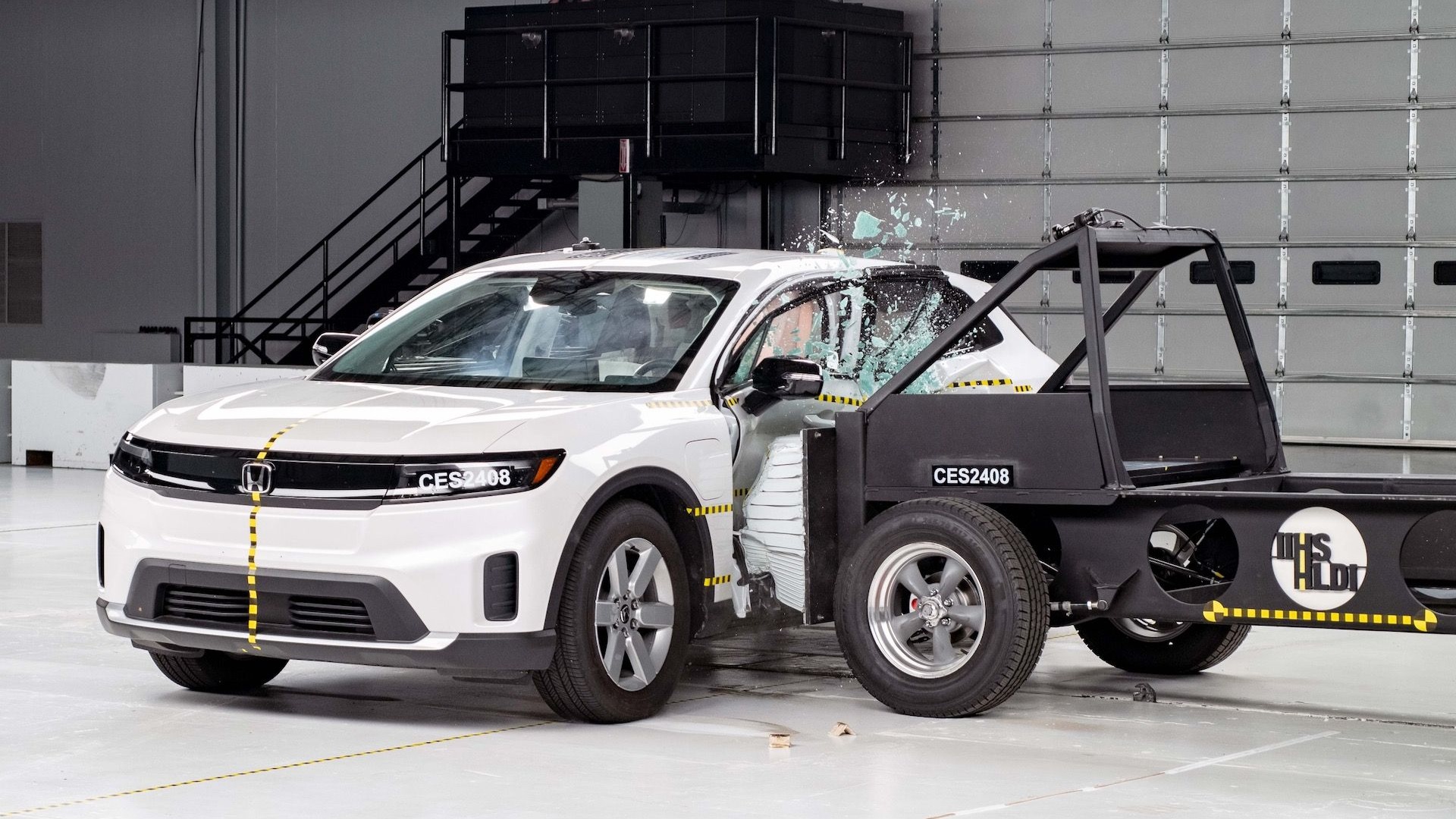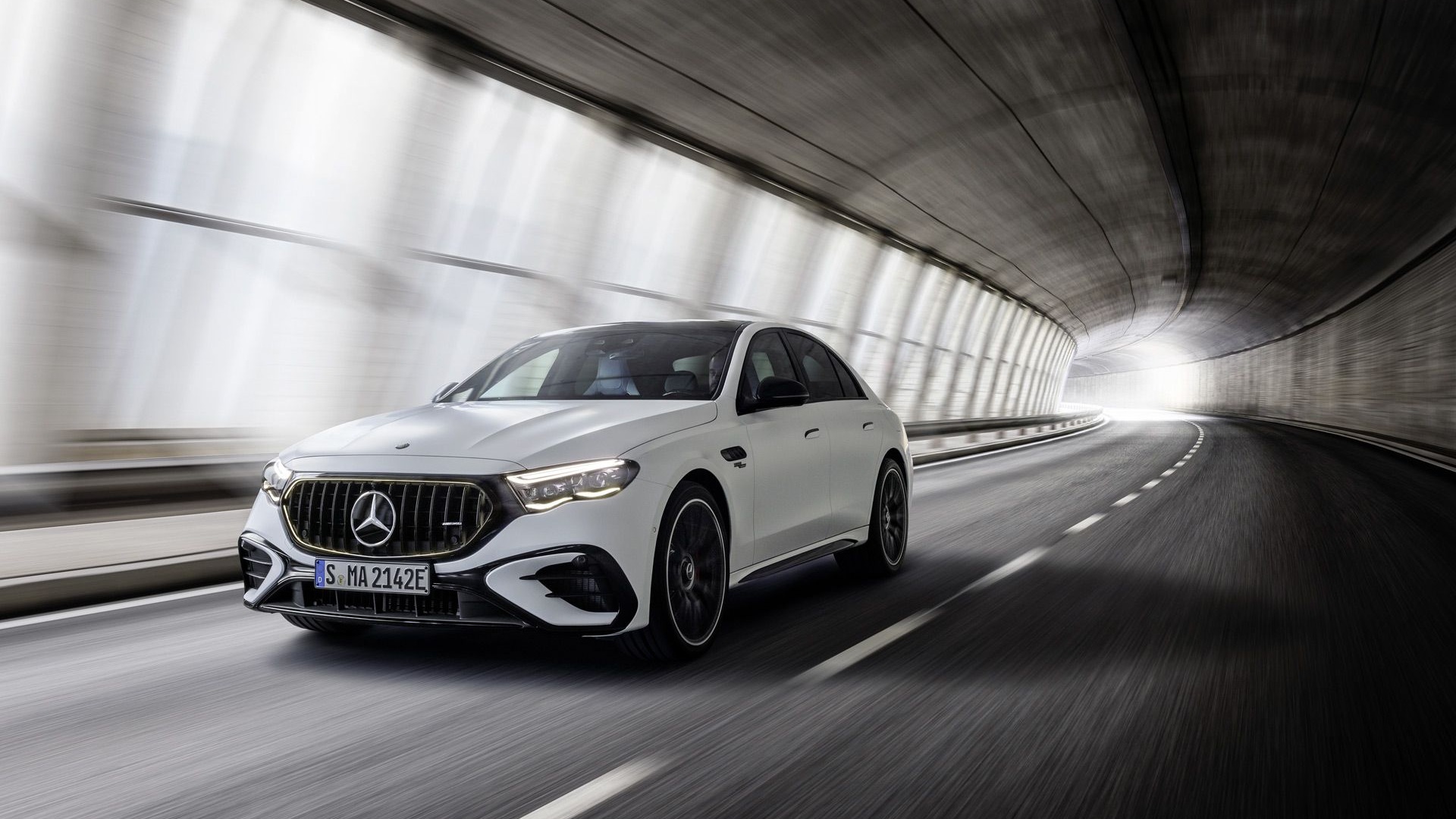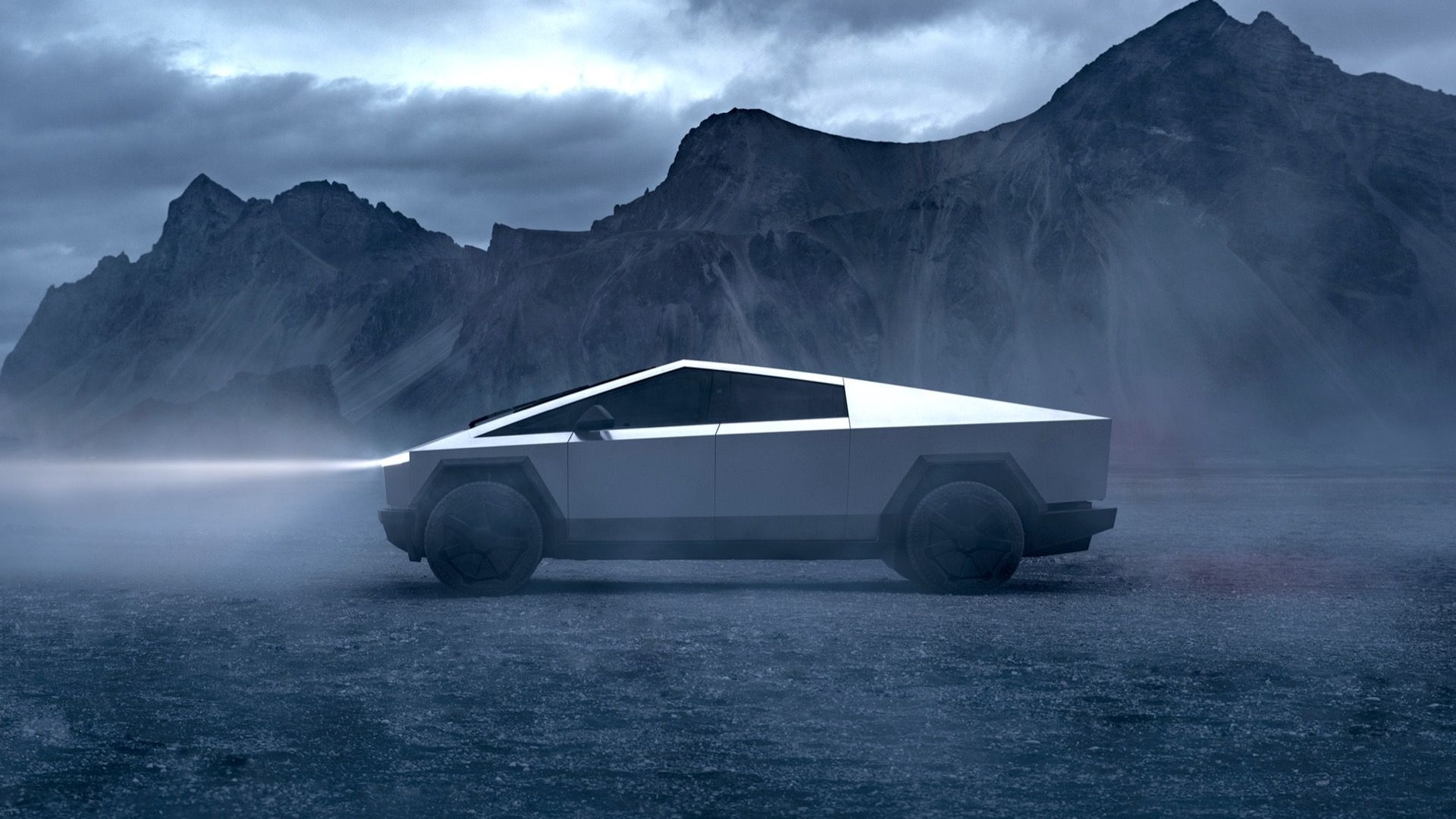CAFE regulations will climb rapidly by 2016. The new standards will reach 35.5 mpg overall with cars at 42 and light trucks at 26. The push to raise fuel economy is long overdue and automakers are fully aware that compliance is mandatory. The new standards set by the government are supported by consumers as research shows fuel economy is "tops" on the list for new car buyers.
Now the Consumer Federation of America has stepped in urging president Obama to raise the CAFE numbers again by 2020. The CFA believes that the standards should be set at 45 mpg by 2020, a number that may seem unobtainable today, but they believe the technology needed to reach these lofty goals are already available and simply need to be put to use.
The Obama administration will iron out the final details over CAFE standards next April, but the CFA is adamant that their proposition should be followed. As Mark Cooper, director of the CFA said, "There is no question that the EPA should take the lead in developing the next generation of standards for the sake of the consumer and the industry. NHTSA not only has statutory limits that prevent long-term planning, but they have a history of close alignment with the domestic car companies, whose current financial woes stem from a lack of fuel efficient vehicles. If they were not in such bad shape, NHTSA could have set the 2016 standard at more than 38 mpg"
Certainly 45 mpg as a CAFE number is achievable by 2020, but reaching that figure depends on the public acceptance and willingness to buy electric and hybrid vehicles. EVs in particular, could quickly increase a companies average fuel economy, but only if people buy them in mass numbers. Likewise with hybrids, they will increase CAFE numbers, but to what degree?
CAFE requirements are difficult to meet due to fluctuating gas prices which influence purchases. As we saw a year ago with gas prices over $4 a gallon, consumers turned to compact, efficient cars. Now as gas prices are significantly lower, buyers have trended towards trucks and SUVs.
An automaker can produce all the electric and hybrid vehicles it desires in an attempt to reach CAFE requirements, but buyers are necessary. A rethinking of the guidelines may be in order to promote the purchase of fuel efficient vehicles. Stronger incentives to buyers of electric vehicles could increase CAFE numbers significantly. Its not a matter of "If you build it they will come" rather more like "If you build it will they come."
Source: Automotive News (Login required)












